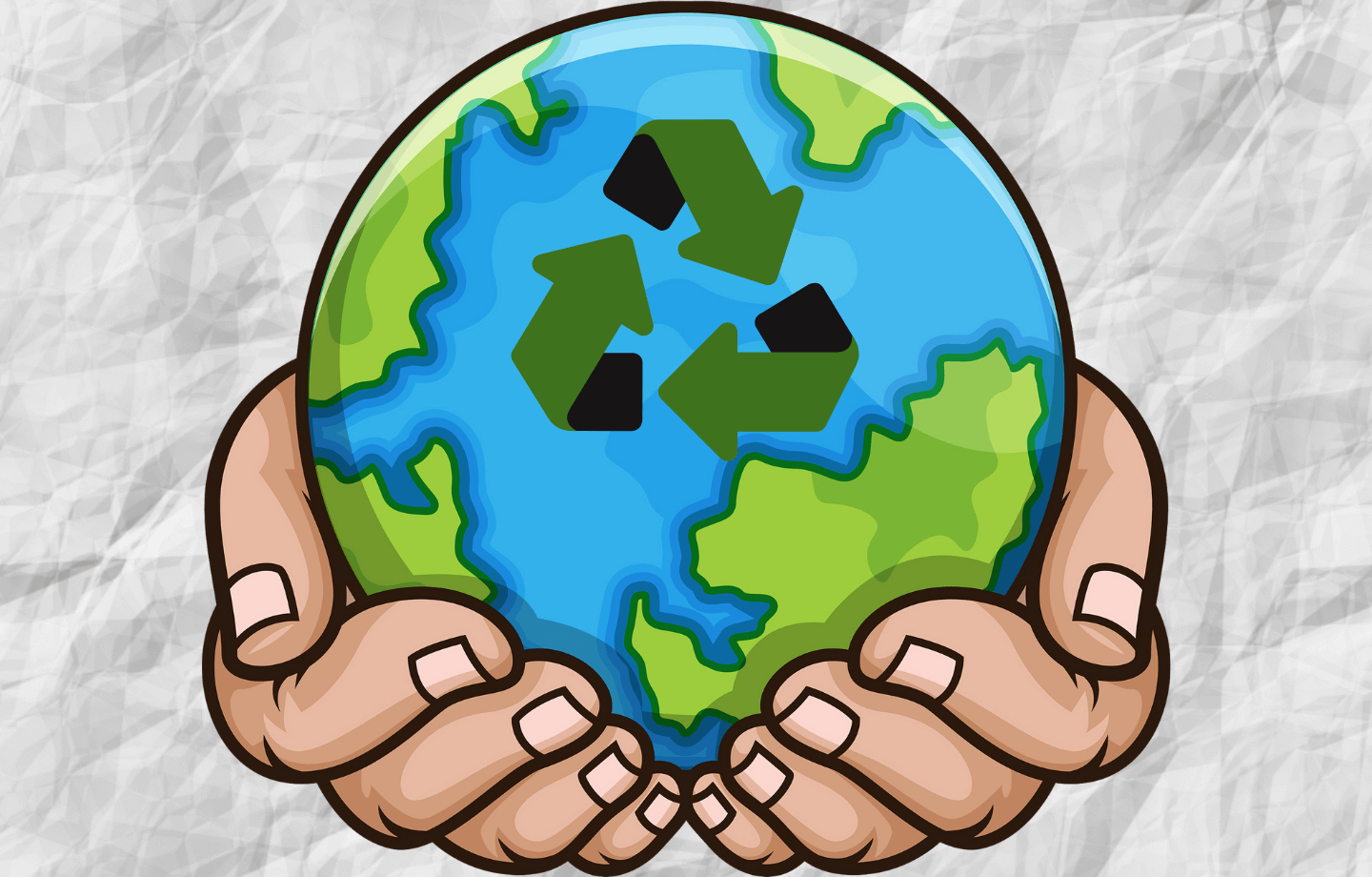
- This event has passed.
Climate Change/ Personal Change
Sunday, March 13 @ 10:30 am - 11:30 am


Reverend Furrer preaching on the need for radical measures in each of our personal lives if we are to faithfully succeed in arresting and healing global warming.
how to attend
In person participants MUST BE VACCINATED! Read more about the process here.
• To virtually attend, please Zoom in using room number 989 3107 9078, passcode: chalice.
• To phone into the service, call 669-900-6833, Meeting ID: 989 3107 9078.
For those joining virtually, please mute as soon as you enter the room, so everyone can hear. Please note, the services will be recorded, but at this time, there are no plans to share the recording.
More Information
Both virtual and in person services are followed by coffee hour.
For the latest on Religious Education programs, click here.
Story for All Ages
Sermon Audio
Climate Change/ Personal Change
Sermon Text
This morning’s sermon is about global warming. My main point: climate change is a reality; it’s happening, and it is critical that we start paying attention. According to the New York Times columnist Charles Blow, only 12% of Republicans think global worming should be a top priority. Some patterns, however, are inexorable: it does not matter whether or not you think global warming is a top priority or not, it is a real issue. And a perilous one.
This morning’s sermon coincides in a little over a month from now with Earth Day, April 22—first celebrated fifty-two years ago in 1970. It was only a little over a year earlier that the Apollo astronauts first provided us with a photographic image of the whole earth against the black backdrop of infinite space. I took the first class on “ecology” offered at my college that very same spring, 1970. Former Vice-President Al Gore in his award-winning movie, “An Inconvenient Truth,” discusses a college class he took that same semester—and how it became the impetus for all his efforts to awaken people to the growing danger of climate change.
Carol and I saw a movie recently: “Don’t Look Up,” in which Jennifer Lawrence and Leonardo DiCaprio team up to get President Myrel Streep’s and the media’s attention on an earth-destroying comet about to wipe out everything—but nobody will be distracted from their schemes and amusements. The obvious metaphor here is our inaction on climate change, but I think the Covid crisis, driven by willful partisan blindness, also applies.
Kind of reminds me of those passages in the Bible (Exodus), where Moses pleads with Pharaoh to make a change; to let the Hebrews depart from Egypt peaceably. But his pleas were to no avail; Pharaoh’s heart was hardened; he couldn’t be bothered, even in the face of the ecological mayhem referred to as the first nine of the infamous “ten plagues”: blood, frogs, lice, wild animals, sickness, boils, hail, locusts, and darkness. It wasn’t until the crisis touched home— the Death of the Firstborn—that ruling class Egyptians were roused from their slumber. By which time, as we all know, it was too late. An arresting parable….
* * *
I want to answer the following questions:
- what is global warming?
- Is it for real?
- How is it affecting us and how will it affect us in the decades ahead?
- How do we as liberal well-meaning North Americans contribute to climate change and what can we do about that?
- And finally, what actions can we take to turn this around?
Forty-eight years ago, when I lived in Washington, DC, the cherry blossoms started to bloom around my sister’s birthday, April 8. Now they’re already beginning and hit their peak in seven to ten days. Over the same period, wildfires out West and hurricanes in the Atlantic have become increasingly destructive, glaciers are retreating, and sea levels are rising. What is happening is so noticeable that scientists can track it—and are. Satellites measuring when land turns green have found that spring “green-up” in the American Northeast is arriving eight hours earlier on average every year since 1982. A cubic mile’s worth of Greenland’s icecap is melting into the ocean every week—that’s five times the amount of fresh water Los Angeles uses in a year. According to a recent study by the National Center for Atmospheric Research, the percentage of Earth’s surface suffering from drought has more than doubled since the 1970s.
History reveals that the earth’s climate has, indeed, fluctuated over the centuries. However, what is happening now is unprecedented—and a direct result of human activity. The Industrial Revolution—and the rising standards of living it ushered in—was made possible by the widespread use of hydrocarbon (i.e., fossil) fuels: coal, oil, and natural gas. Fossil fuels contained more latent energy than any previously discovered, but they also have a major flaw: the carbon emissions that are the unavoidable by-product of their combustion. These emissions build up in the atmosphere, where they act like the panes of glass in a greenhouse, allowing the sun’s warmth in but not back out. As heat that would ordinarily radiate off into space is instead reflected back to Earth’s surface, the globe slowly begins to rise in temperature. This has been going on now for over a hundred and fifty years. As more and more countries have abandoned sustainable agriculture for industrial growth, the greenhouse effect has increased exponentially—with the results we’re now able to clearly see, and measure.
Is global warming for real? Already by the mid-1990s (that’s thirty years ago) scientific consensus agreed that it was. The American Petroleum Institute and other organizations with ties to energy interests have underwritten research suggesting otherwise, but no one not on the payroll is buying it anymore.
In preparation for this sermon, I went to the Earth Day Network online and took the Ecological Footprint Quiz—something I encourage all of you to do, too. It was eye opening. My carbon footprint was 22—two points lower than the average American and four points lower than it was fourteen years ago when I lived in New Mexico. Why? Not because of my diet, which is simple (by community standards) and without a lot of meat. Not because of my household, which is small and fuel-efficient. One big reason is because I drive a five-cylinder conventional vehicle and, most of the time, drive by myself. But while automobiles are North America’s single greatest producer of carbon dioxide emissions, a high consumer lifestyle in general is the culprit. While other countries such as China and India may equal or surpass the West in greenhouse emissions in the future, we Westerners have been the preachers of consumerism as the good life. We have not only produced the vast majority of emissions to date, but we export consumerism around the world as the heartbeat of every nation’s prosperity. Like most ministers, I’ve always been paid modestly, and lived accordingly. And yet, were everyone on earth to live as Carol and I do, it would take six planets to provide the resources. We North Americans, even those of us living modestly, are leaving a huge ecological footprint. This has to stop.
It is the growing consensus among the world’s weather experts that we can expect a 2.5-degree Celsius warming of worldwide temperatures by the year 2050 and perhaps up to six degrees by the end of the century. This is significant; the earth’s temperature during the last Ice Age was five to six degrees cooler than it is now. Raising it that much again would be devastating from the human point of view: desertification of the chief grain-producing lands, scarcity of fresh water, loss of trees, flooding of coastal areas and inlands, the spread of tropical diseases, violent weather events, shortages of food, and so on. Global warming will change life as we know it and has already begun to do so. Through our hyperactive, consumer lifestyle we have triggered major, though still largely unknown consequences for the weather system in which we and everything else on the planet exists. Meteorologists do not know how serious this will actually turn out to be, but some are increasingly afraid of the prospect of a runaway greenhouse effect—the crossing of the line into irreversible temperature increases. Yikes!
Such a specter led the late Kurt Vonnegut [1922-2007], a lifelong Unitarian Universalist, to close his final book with the lines
When the last living thing has died on account of us,
How poetical it would be if Earth could say,
In a voice floating up, perhaps
From the floor of the Grand Canyon,
“It is done. People did not like it here.”
My friends: global warming not science fiction. It is the judgment of the best science of our day that climate change is a present reality. And a reality that we can do something about. At both the 1992 Rio de Janeiro and the 1998 Kyoto United Nations Conferences on Environment and Development steps were agreed to by the industrialized countries to try to stabilize and eventually cut back carbon dioxide emissions. There were amplified last summer in Glasgow. However, little progress has been made. Why?
Because the consumer worldview is so dominant across the globe, especially in big emissions-producing countries like ours, few public discussions of the consequences of consumerism on climate have occurred. “All of us are conspirators in this silence,” writes theologian Sallie McFague in Life Abundant: Rethinking Theology and Economy for a Planet in Peril. It is not just “big business” and timid politicians that do not publicly declaim what consumerism is doing to the earth’s weather system; few of us do either. We enjoy the consumer lifestyle; in fact, most of us are addicted to it, and, like addicts, we cheerfully stay in denial as long as possible. We need to overcome this denial.” [p.93]
A big reason for this denial, it seems to me, is divergent worldviews. At a rally a few years ago in New York City’s Battery Park, twelve-year old Tiffany Cordero exclaimed, “When it comes to global warming, I don’t exactly think [the] President…is doing such a hot job. A lot of people are thinking just of ‘now.’ But we won’t have a ‘now’ if we don’t focus on the future.” Utah Republican Mitt Romney and the 88% of Republicans who do not think climate change should be a top priority believe that industrial growth and consumerism are good things. Their worldview sees the planet as essentially a machine and human society as a corporation or syndicate drawn together to benefit its members by optimal use of natural resources. If, as such folks sincerely believe, our planet is like a machine, then its parts can be replaced and are only externally related; moreover, reality is not alive—we can use it and discard it when worn out.
But Tiffany Cordero, now a young woman, sees the planet more like an organism or community that survives and prospers through the interrelationship and interdependence of its many parts, both human and nonhuman. Her ecological worldview—like that of the Walt Whitman, Kurt Vonnegut, the Hopi elders and a growing consensus of scientists—sees the world more like an organism: a body the parts of which cannot be replaced (though some of them can be renewed through growth). Since the parts are internally related and alive, we are not only responsible for the world’s well-being; we can also sympathize with those parts that are suffering or in pain. In simple non-theological, non-scientific language, the ecological worldview claims that as planetary housemates we must abide by three main rules:
- take only your share,
- clean up after yourselves, and
- keep the house in good repair for future occupants.
I learned these rules in the Boy Scouts. I loved Boy Scouts; it was the one institution I was part of as a kid where we were taught the values of not being a consumer. The best scouts were those who could get by with the least. A first-rate scout with a knife, some rope, sturdy boots, a compass, a bedroll, a hatchet, and a tinderbox should be able to get along just fine. There was a value on learning how to leave your campsite a little better than you found it. Moreover, it was in scouts where I first learned the Indian adage that all decisions should be made considering their affect seven generations down the line. In other words: take only your share, clean up after yourselves, and keep the house in good repair for future occupants.
Here are some individual actions I challenge you—all of you, all of us—to undertake.
Cut back on driving. Transportation is the biggest contributor to our carbon footprint. San Francisco had great public transportation, Bellevue less so. I never took the bus in LA and I never take it here. But we all could do better. I applaud everyone who walked, biked, or used public transportation to come to services this morning. But how many of you does that include?
Reduce your consumption of electricity and fossil fuels. Much of our grid is powered by coal and natural gas; consuming less electricity means fewer carbon emissions.
Reduce, reuse, and recycle. Recycling helps to conserve energy and reduce greenhouse gases, but “pre-cycling” (choosing wisely before purchasing) can help reduce packaging and energy consumption even further.
Buy local. Products made locally require fewer resources to arrive at your door than goods shipped from another continent.
Plug into Green Power and renewable technologies. People in some areas can choose to purchase electricity from renewable and environmentally friendly sources like wind and solar power. Educate yourself on the U. S. Department of Energy’s Green Power Network.
Contact your government representatives. Let your representatives at all levels of government know that global warming is a priority and needs to be addressed now. Finally, and perhaps most importantly,
Become an agent of change. In the words of the Unitarian sage Henry David Thoreau, “Simplify. Simplify.” The United States is home to less than 5% of the world’s people, yet it produces 25% of the CO2 emissions. If wealth is to be carried forward into a shared ecological future, citizens of the Developed Nations must adopt a mantra of simplicity. And compassion.
In a solar system filled with worlds that either emerged stillborn (like Mercury and Venus) or died in infancy (like Mars) we are coming to realize how slim are the margins within which life can thrive. For a century, we have acted unknowingly as if those margins did not exist. Now we know they do exist, and how very thin they are. As the Hopi Elders have reminded us, the time of the lone wolf is over. We must gather ourselves. And act. We are the ones we have been waiting for. No more waiting. Now we must act. Amen.
More Videos
Event Details
Transportation & Parking
Google Maps offers you door-to-door directions for driving, walking, biking, or public transit.
We have several parking lots. Our upper lot, off SE 32nd Street, is closest to our Sanctuary, it has handicap and stroller parking. There is a roundabout for drop-offs. Our lower, main parking lot is also off SE 32nd Street. There are stairs that will lead you up to the Sanctuary. If that lot is full, there is also street parking on 32nd Street.
Accessibility
Learn more about accessibility at East Shore here.


